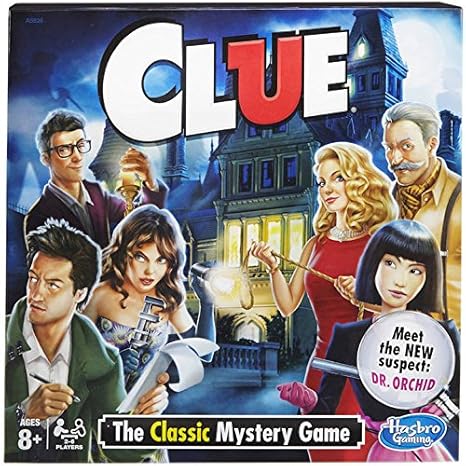As we wrap up the chapter on Expressions, let's see what interesting factoids we can learn while we still have it! Now back to The Little Book of Answers by Doug Lennox.
When someone is on the right track, we say they're "on the beam." This expression comes from the days of early aviators who used a system of radio signals to guide pilots through fog and bad weather. Dots and dashes were beamed out from the landing field and picked up in the pilot's headphones. Dot-dashes meant he was too far left while dash-dots meant he was too far right. But if he heard a continuous buzzing sound, the pilot knew he was "on the beam," or safely on course.
That's interesting! I honestly hadn't heard this expression before.
If someone is lost, we say he "doesn't have a clue," since he's clueless as to where he's at.The original spelling of the word "clue" was C-L-E-W, and it originally meant a ball of yarn or string, but that's been long forgotten. A clew of string was unraveled as a way to guide yourself out when entering a maze or cave. If you became lost at any point, you'd just have to follow the string back to its starting point. In the modern cliche, if someone "doesn't have a clue," he's basically in the dark with no idea on how to get out of the predicament.
That's rather intriguing actually! Although when searching for the classic board game of the same name, I was puzzled to see this Dr. Orchid instead of Mrs. White. What's up with that? I mean, it kind of goes in hand with that cliche--the butler did it! Guess they wanted to have an educated woman involved. *shrugs*
Being in "close quarters" means to be overwhelmed in a small space. This is a naval term from the 1700s. Merchant ships that were loaded with valuable cargo had the decks outfitted with strong wooden barriers with musket holes so that shipment could retreat and continue to fight if they were ambushed by invaders. They referred to these circumstances as fighting at "close quarters."
Interesting. I just thought it was as simple as one's room being too small! And I couldn't resist a PUNNY picture! Lol!!
When someone survives disaster, it's said that he "cheated the devil." This saying dates back to the Jewish Talmud, in this story we learn about a man who cheated the devil. The devil offered a farmer two years of flourishing harvest, on the condition that in the first year the devil would get the crops that grew underground and the next year, he would get the crops that grew above the ground. The farmer then grew wheat and barley in the first year, followed by carrots and turnips for the second year. And thus, he "cheated the devil."
And that better image to go with than Tom Ellis?
When one goes beyond the known limits, it's said he's "pushing the envelope." This is an aviation expression that refers to how test pilots receive instructions to challenge the known limits of flight. These instructions were ultimately, a flirtation with disaster. The seriousness of the order was always understood, but never spoken. The assignment was given to the pilot within an envelope and quietly pushed across a desk.
While I never heard of this expression before, I still find this whole scenario rather interesting. You'd think they'd rather verbally issue the order instead of having the order in writing!

































